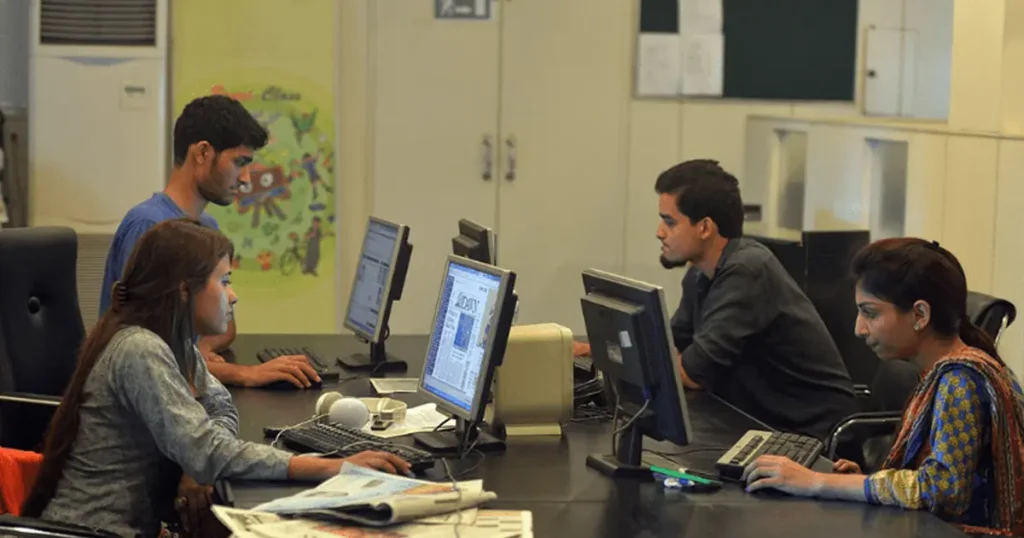Decentralization is changing how societies function. It shifts power from central authorities to local entities. This transformation enhances efficiency, transparency, and autonomy in various sectors. In Pakistan, decentralization can resolve governance and economic challenges by distributing decision-making power.

Political Decentralization: Strengthening Local Governance
Political decentralization involves transferring authority from central governments to local administrations. This shift allows communities to manage their affairs efficiently. In Pakistan, local government systems empower municipalities to address regional issues. When local leaders make decisions, public service delivery improves.
Benefits:
- Enhanced Public Participation: Citizens engage in governance and decision-making.
- Better Accountability: Local officials remain answerable to their communities.
- Improved Service Delivery: Local governments address issues faster than centralized authorities.

Economic Decentralization: Distributing Financial Power
Economic decentralization ensures regional entities control their financial resources. This system reduces dependency on central governments. In Pakistan, provincial autonomy under the 18th Amendment allows regions to manage their budgets.
Key Advantages:
- Boosts Regional Growth: Provinces invest in projects that suit their needs.
- Encourages Competition: Regions develop innovative solutions for economic expansion.
- Reduces Bureaucratic Delays: Local authorities approve projects without central interference.

Technological Decentralization: Empowering Innovation
Technological decentralization involves distributing control over digital infrastructure. This concept promotes innovation and security. Blockchain, cloud computing, and open-source software drive this transformation. In Pakistan, decentralized digital platforms can enhance financial services and education.
Benefits:
- Increased Data Security: Decentralized systems minimize risks of cyberattacks.
- Unrestricted Access: Digital tools become available to a wider population.
- Greater Innovation: Startups and entrepreneurs leverage technology for business growth.

Financial Decentralization: Redefining Economic Systems
Financial decentralization eliminates reliance on centralized financial institutions. Cryptocurrencies, peer-to-peer lending, and decentralized banking solutions enable financial autonomy. In Pakistan, fintech startups promote alternative financial models beyond traditional banking.
Why It Matters:
- Reduces Dependency on Banks: People access financial services without intermediaries.
- Enhances Financial Inclusion: Unbanked populations use digital transactions.
- Promotes Transparency: Blockchain ensures secure and verifiable financial transactions.
Conclusion
Decentralization is reshaping governance, economies, technology, and finance worldwide. In Pakistan, adopting decentralized systems can enhance development, efficiency, and innovation. By empowering local communities and reducing central control, the nation can foster sustainable progress.
Stay tuned for more insights on cryptocurrency, DeFi, and Web3 advancements!

